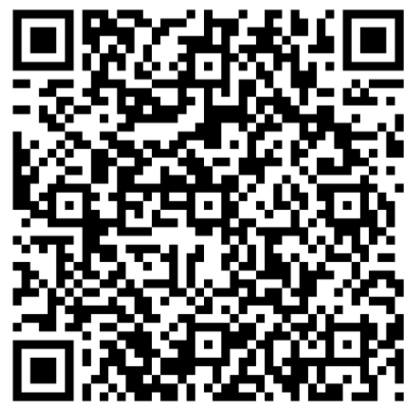LDE minor African Dynamics

The joint Leiden-Delft-Erasmus (LDE) Minor African Dynamics (MAD) is a multidisciplinary course for third year bachelor students from the LDE universities.
Post-colonial Africa has undergone significant transformation during twenty years of uninterrupted growth since the mid-1990s, but remains vulnerable to global shocks. The way in which COVID-19 for example has set back Africa’s attainment, underpins how inter-connected and -dependent our technologically advanced world really is. Ongoing debates on climate change, migration flows, resource scarcity, safety and security emphasise that it is untenable to consider one area of the globe more important or another more marginal.
Africa is home to more than 1.4 billion people and it is forecasted that the population will double by 2050. With a median age in 2022 of 18.8 and 40 percent of the population younger than 15 years, the continent has the youngest global population. The subsequent growing demand for food, water, energy, land, infrastructure, health services, education, and jobs can be powerful drivers of growth, but also present severe social, economic and environmental threats. The way in which Africa unfolds will greatly impact the course of the world’s shared future, and in this light Africa is an extremely important continent with extraordinary challenges and tremendous opportunities.
In an unique collaboration between Leiden University, Delft University of Technology and Erasmus University Rotterdam, this multidisciplinary minor fosters a deeper understanding of integrated and sustainable approaches in Africa, with an emphasis on how Africans themselves view their continent and the world. Separate modules offered by leading Africanists build on the goals set in the African Union Agenda 2063 and the 2030 United Nations Agenda. Depicting the continent from different perspectives, students are exposed to expertise in diverse fields and combine their knowledge in exploring the challenges and opportunities that the continent presents. During seminars, discussions, debates, group work, as well as virtual exchanges, innovative education and collaborative learning strategies encourage independent learning and the co-creation of knowledge.
The minor requires full time commitment, is presented in English and serves as a pre-master for the masters in African Studies at Leiden University.
Applications
 A maximum of 40 students (equally distributed among the three LDE universities) will be admitted and an equal distribution among disciplines will be aimed for. The minor has a layered first-come-first-serve admission procedure. Register via EduXchange between 15 and 30 June together with a Background and Commitment Form.
A maximum of 40 students (equally distributed among the three LDE universities) will be admitted and an equal distribution among disciplines will be aimed for. The minor has a layered first-come-first-serve admission procedure. Register via EduXchange between 15 and 30 June together with a Background and Commitment Form.
More information on the course programme and application procedure can be found in Leiden University's e-prospectus.

Listen to the podcast series made by African Dynamics students!
 Read the MAD (Minor African Dynamics) Students Blog!
Read the MAD (Minor African Dynamics) Students Blog!

